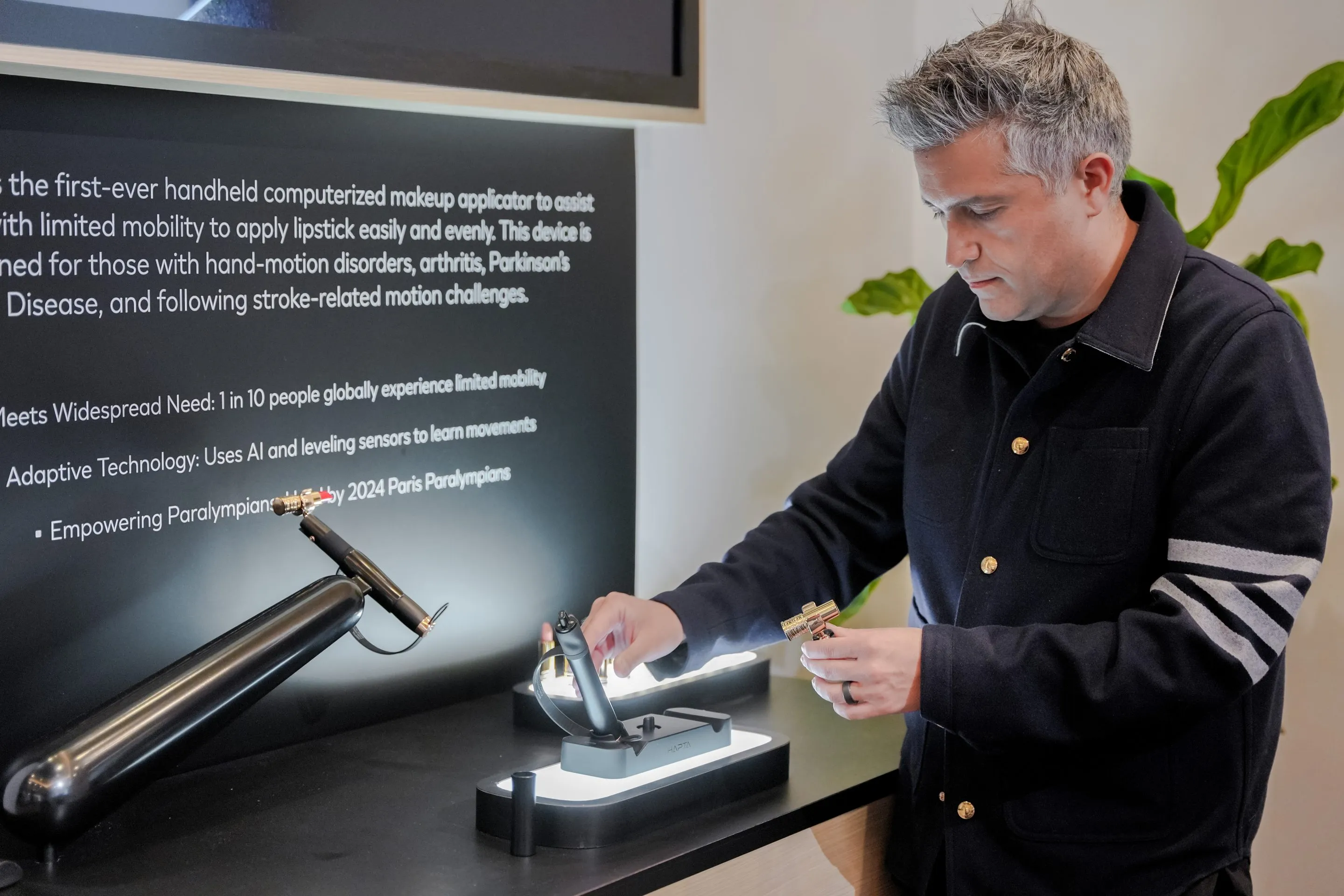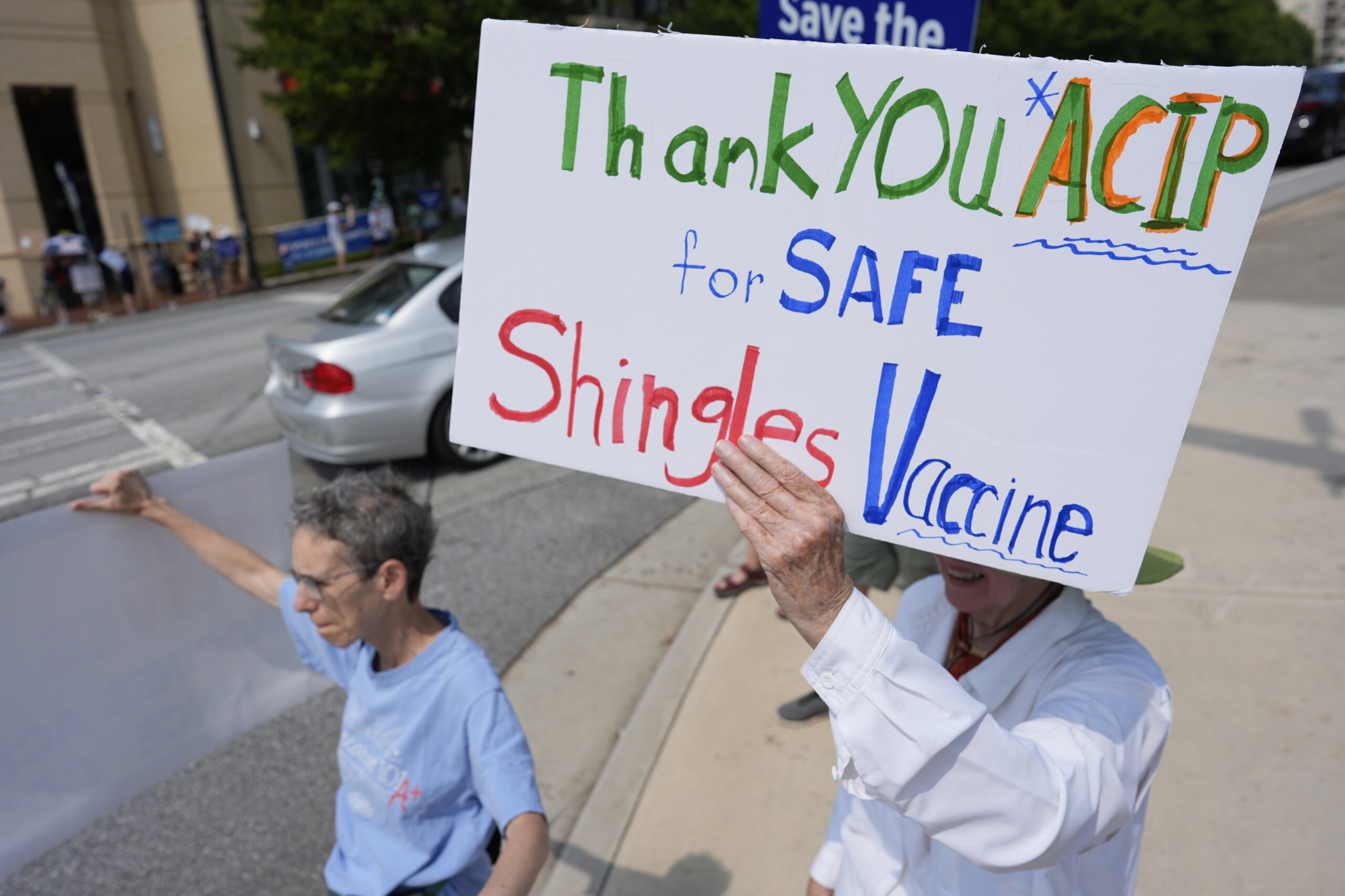
On Monday, President Trump held a news conference where he claimed that autism is “among the most alarming public health crises in history” and something that may be “artificially induced.” Additionally, he argued that autism may be caused by pregnant women’s use of acetaminophen, more commonly known as Tylenol.
Health and Human Services Secretary Robert F. Kennedy Jr. joined Trump for the news conference and went further, calling autism an “epidemic.” He also argued — again — that autism may be the result of vaccines and may be reversible.
Advertisement
As an autistic American, I’m extremely troubled by these comments for two reasons. First, of course, they are simply wrong on the science. Second, Trump’s words are cruel and hurtful.
I’m 24, and these were among the most egregious comments I’ve ever heard about autism. It’s especially troubling that they came from the president and his health secretary.
The American president has perhaps the most powerful voice in the world. His opinions shape policy. His beliefs are amplified to hundreds of millions of people in the United States and beyond. It’s inevitable that many will take his assertions seriously and share them. By saying that people like me are an “epidemic,” the result of something “artificially induced,” he’s strongly implying that we are broken, that we are somehow wrong. It’s hard to not be hurt by this language. If I am the product of an epidemic, does this mean that I — that we — should be cast away from society? Does this mean that I should be viewed as a causality?
Advertisement
I was diagnosed with autism when I was 5, at a time when it was widely believed that people like me were unfortunate victims in need of a cure. Now, autism is widely viewed as a difference in how one’s brain is wired. This change happened with the help of neurodiversity advocates like Barry Prizant, who wrote the groundbreaking book “Uniquely Human: A Different Way of Seeing Autism.”
But now, it seems like the old view is entering the mainstream again, thanks to Trump’s harmful remarks.
What makes Trump’s comments especially hurtful is that there have been many instances in my life where I have been treated as someone who needs to be fixed. As a young child, I was referred to services that sought to suppress my autistic behaviors. It was an ugly part of my life.
The reality is that there’s no “epidemic” of autism. As pointed out time and time again by the autistic community, the increase in the number of people being diagnosed can be largely explained by better screening and more awareness.
Language that treats autism as the product of an “epidemic” is damaging to autistic people because it implies we need to be cured. As virtually all autistic people can tell you, we’re not seeking being cured. We’re also not broken, and we’re definitely not the people that Trump and Kennedy believe we are.
Some may retort that Trump and Kennedy weren’t talking about autistic people like me. Rather, they might suggest, they were referring to high-needs autistic people. But even then, it’s problematic, suggesting that high-needs individuals are burdens, which is dehumanizing.
I invite the Trump administration to actually speak to autistic people. As far as I can tell, the administration has invited zero autistic individuals or autism advocacy organizations to participate in its inquiries. If Trump and Kennedy want people to think they’re conducting a good-faith investigation into the cause of autism, they should start by inviting autistic voices into the room. It costs nothing to invite autistic voices to the room.
Advertisement
Until then, however, I’m not convinced this is a good-faith effort. Trump and Kennedy appear to have already made-up their minds that I am a problem to be fixed, not a person living a full life.



